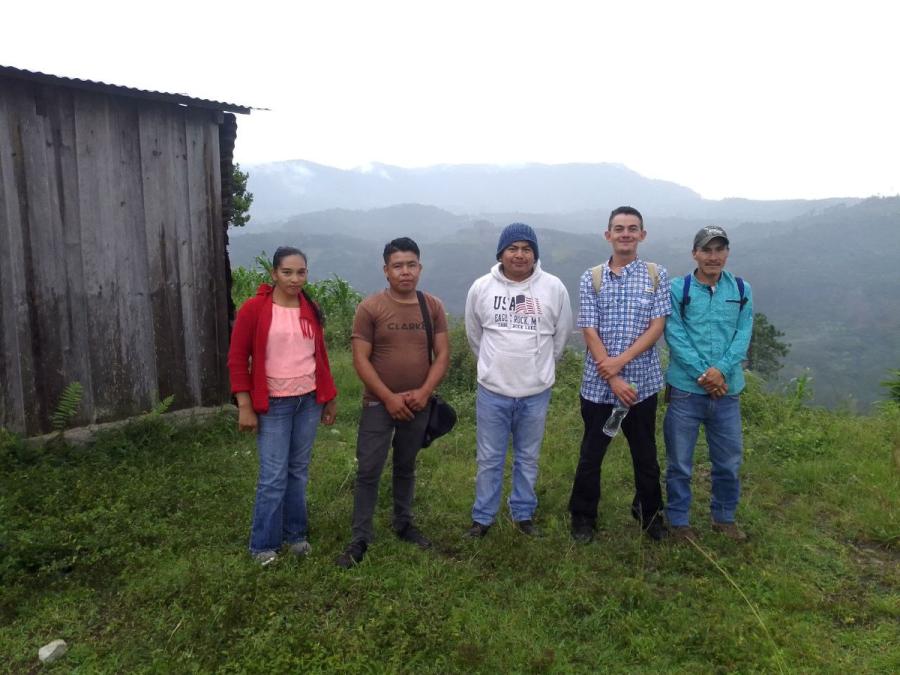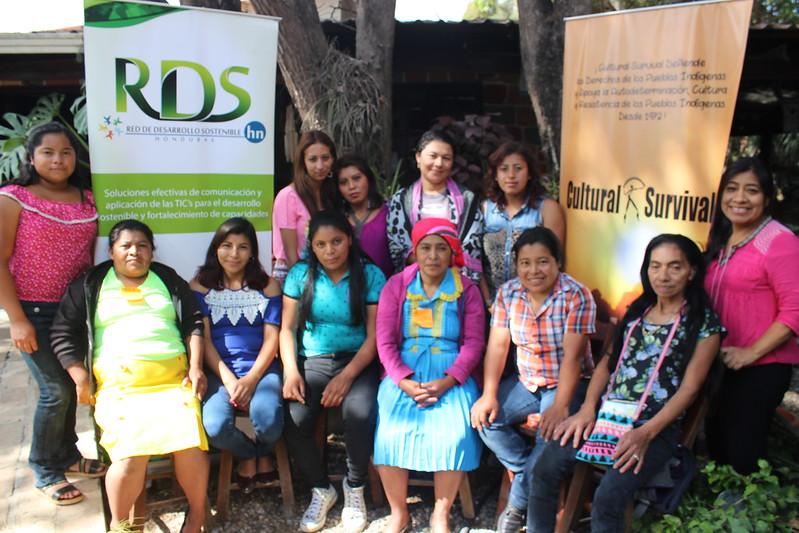
On March 12-13, 2020, in La Esperanza, Intibucá, Honduras, 11 Lenca women from radio stations in 7 different communities gathered for two-day workshops on community radio communication with a focus on gender equity organized by Cultural Survival, the Red de Desarrollo Sostenible Honduras (RDS), the Association of Community Media of Honduras (AMCH), and the Central American Network of Indigenous Community Radio Stations.
Women from Radio Marcala, Suyaguare y Masula in La Paz , Radio Taragual de Lempira and Radio Morazanista, Radio Azacualpa and Radio Zavalanquira from Intibucá met with the goal of empowerment of developing their communication and leadership skills. Through experience gained in previous projects training Indigenous women and working in the context of Honduras, the workshops were tailored specifically to the stated needs of Honduran Indigenous radio stations, which have a unique socio-political context. Many of the radio stations lack inclusion of Indigenous women in leadership roles and relegate women towards support roles. Many of the women participants lacked formal education, some were unable to read and write with fluency. Norma Sancir (Maya Kaqchikel), a journalist with Prensa Comunitaria in Guatemala, facilitated the workshops. Sancir has experience working at the community level on Indigenous rights and women’s healing and womens’ rights topics. She was able to cover numerous topics in her training: Indigenous philosophies about communication; types of oppression Indigenous women face both within their own communities and outside their communities and the path to healing, standing up to the internal and external dynamics; and strengthening technical capacities in radio like drafting scripts, conducting interviews and speech and diction techniques.
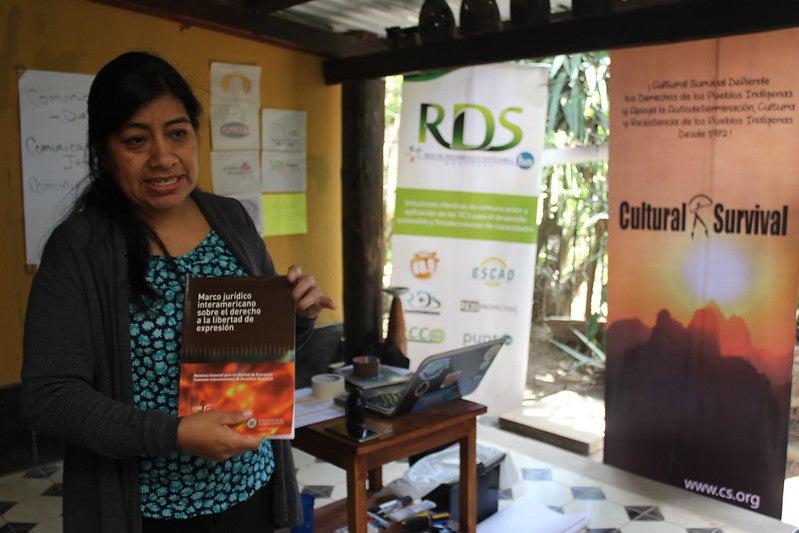
Participants split into two groups to practice how they would host a live radio show. This allowed the facilitator to gather an understanding of the experience level of each participant. For the majority of the women, their experience in radio thus far has been exclusively in putting music on the air, answering the phone, or with brief speaking roles on the air. The goal of the workshop was to show Indigenous women that their voices matter, and to demonstrate basic skills such as how to write a radio script, how to plan and organize the time within a program, and how to consider what topics may be of interest and importance for women audiences in their community. At the end of the workshop, the facilitator asked each woman to again present an example radio program based on what they had learned. The recommendations on structure and content were included in designing their radio programs. One participant shared, “I liked the topics and the way they were presented, in a way that was understandable.”
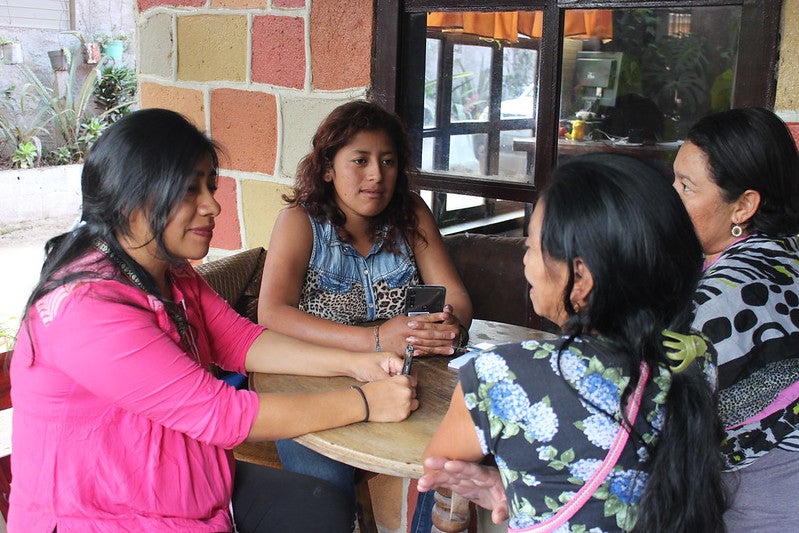
Sancir shared, “It was an enriching experience and constructive. To know that there are women who are using the medium of radio in whatever ways they can, despite this gap of inequality that we find ourselves in regionally. It was very important from my perspective as a journalist and human rights defender. Being able to come together to construct and improve what these women are doing, in a practical way, within a safe environment, free of stigmas regarding their lack of academic education, is vital. These are women, like all of us women, who have traditional roles within society, and are putting their rights into practice, informing the community. Just by being present on the air, they are acting as role models and showing that women can carry out community-level communication.” She added that the largest obstacle women face in putting the knowledge gained into practice at their home radio stations is men: “Within radio stations directed by men, many of the women are not free to create their own radio programs.” Men often still control access to technology, and may censor what women speak about on the air, for example, regarding domestic violence.
From the perspective of our local partner organization, RDS shared, “The support of Cultural Survival has been excellent in the processes of training in radio broadcasting. With this training, the Indigenous communicators gained new skills, both in audio production, communications, that help them to broadcast content. They also learned about the importance of sustainability at a radio station.”
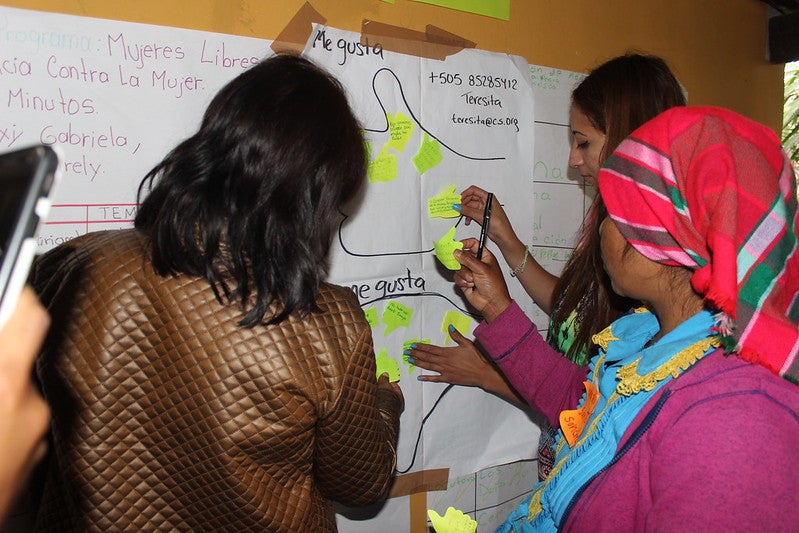
The next challenge is to convince the leadership of each participants’ radio station to continue supporting the women in their journeys toward hosting their own radio programs, rather than creating obstacles for them or minimizing their abilities. At the training each woman received a USB with over 1000+ informational programs produced by Cultural Survival’s Indigenous Rights Radio platform about Indigenous rights and women’s rights, among other topics, for broadcast on their radio station.
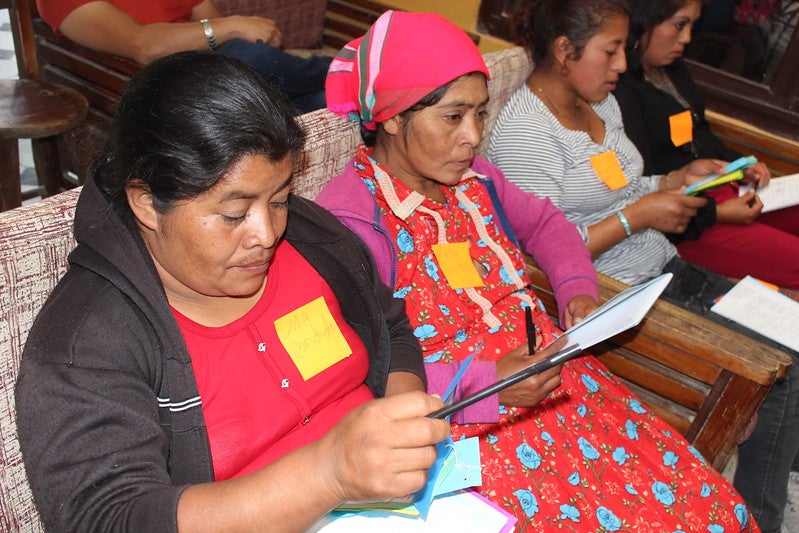
These trainings are incremental and part of a larger process of women’s empowerment. Our major indicator of success at the close of the project will be whether each woman has succeeded in establishing herself as a host of a radio program on the air at her local station. To achieve this, work takes place both with the women themselves, and through regular follow up and trainings with radio station leadership when the participation of women on the air and in leadership roles is encouraged upfront. Through Cultural Survival’s Community Media Program, our policy is to only provide grants to radio stations that have committed to equitable participation of women.
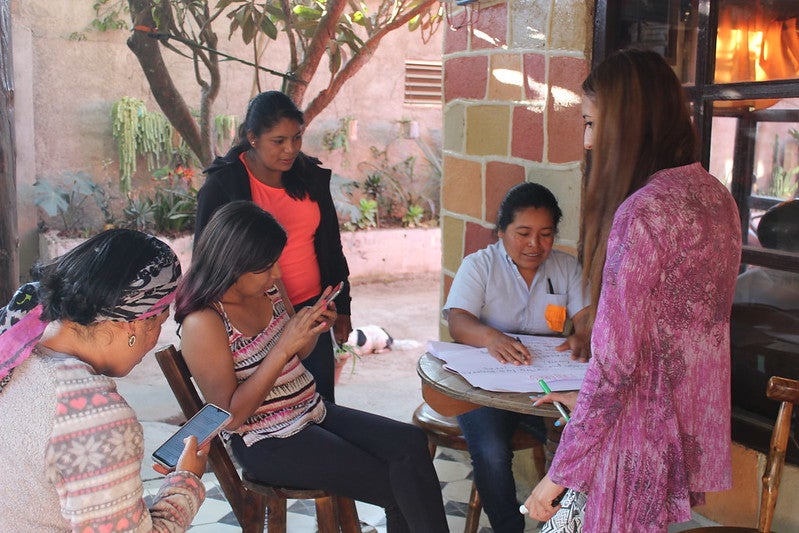
We are in the process of thinking about how to continue workshops during the COVID-19 by communicating with our workshop participants. We acknowledge the different contexts of women, and need to be aware that many of these workshop participants are in rural communities with little access to the internet.
The Leadership and Communication of Indigenous Women in Central America Project was made possible thanks to the Channel Foundation.
